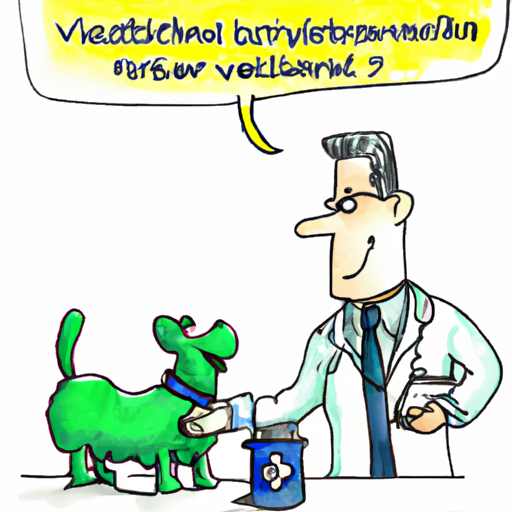Understanding the Gallbladder and Its Role in Your Dog’s Health
Your dog’s gallbladder might not be something you think about often, but it plays a significant role in their overall health. This small, pear-shaped organ located beneath the liver has one primary function: storing the bile produced by the liver, aiding in the digestion of fats.
Sometimes, however, this bile can thicken and form what is known as gallbladder sludge. This condition, if left untreated, can lead to serious complications such as gallbladder inflammation or gallstones.
Recognizing the Signs of Gallbladder Sludge
Recognizing the signs of gallbladder sludge in your furry friend can be challenging, but it’s crucial for their wellbeing. Symptoms can be subtle and easily overlooked, so it’s important to stay vigilant. These can include:
- Loss of appetite
- Lethargy
- Vomiting
- Abdominal pain
If your dog exhibits any of these symptoms, it’s time to consult with a veterinarian.
Treatment Options for Gallbladder Sludge
When it comes to treating gallbladder sludge in dogs, there are several options available, depending on the severity of the condition.
-
Dietary changes: Special diets can help dissolve the sludge and prevent its formation in the future.
-
Medication: Certain medications can help dissolve the sludge, reduce inflammation, and prevent infection.
-
Surgery: In severe cases, surgical removal of the gallbladder may be necessary.
Your vet will work with you to determine the best course of action for your pet.
Preventing Gallbladder Sludge in Dogs
Prevention is always better than cure. Here are some strategies to help prevent gallbladder sludge in your dog:
-
Maintain a healthy diet: A balanced diet can help prevent the formation of gallbladder sludge. Avoid high-fat foods which can contribute to sludge formation.
-
Regular exercise: Regular physical activity can help improve your dog’s overall metabolism and reduce the risk of gallbladder issues.
-
Regular veterinary check-ups: Regular vet check-ups can help detect any potential issues early and provide prompt treatment.
FAQs
Q: Can gallbladder sludge lead to other health problems?
A: Yes, if left untreated, gallbladder sludge can lead to gallstones, gallbladder inflammation, and in severe cases, gallbladder rupture—a life-threatening condition.
Q: Can all breeds of dogs develop gallbladder sludge?
A: Yes, all breeds can develop gallbladder sludge, but it’s more common in middle-aged to older dogs and certain breeds like the Shetland Sheepdog.
Q: Is surgery always necessary for treating gallbladder sludge?
A: Not always. Surgery is usually reserved for severe cases. Dietary modifications and medications are often the first line of treatment.
Remember, your vigilance and prompt action can make a significant difference in your pet’s health. If you notice any changes in your dog’s behavior or physical condition, don’t hesitate to consult with a veterinarian. Your furry friend is counting on you.



